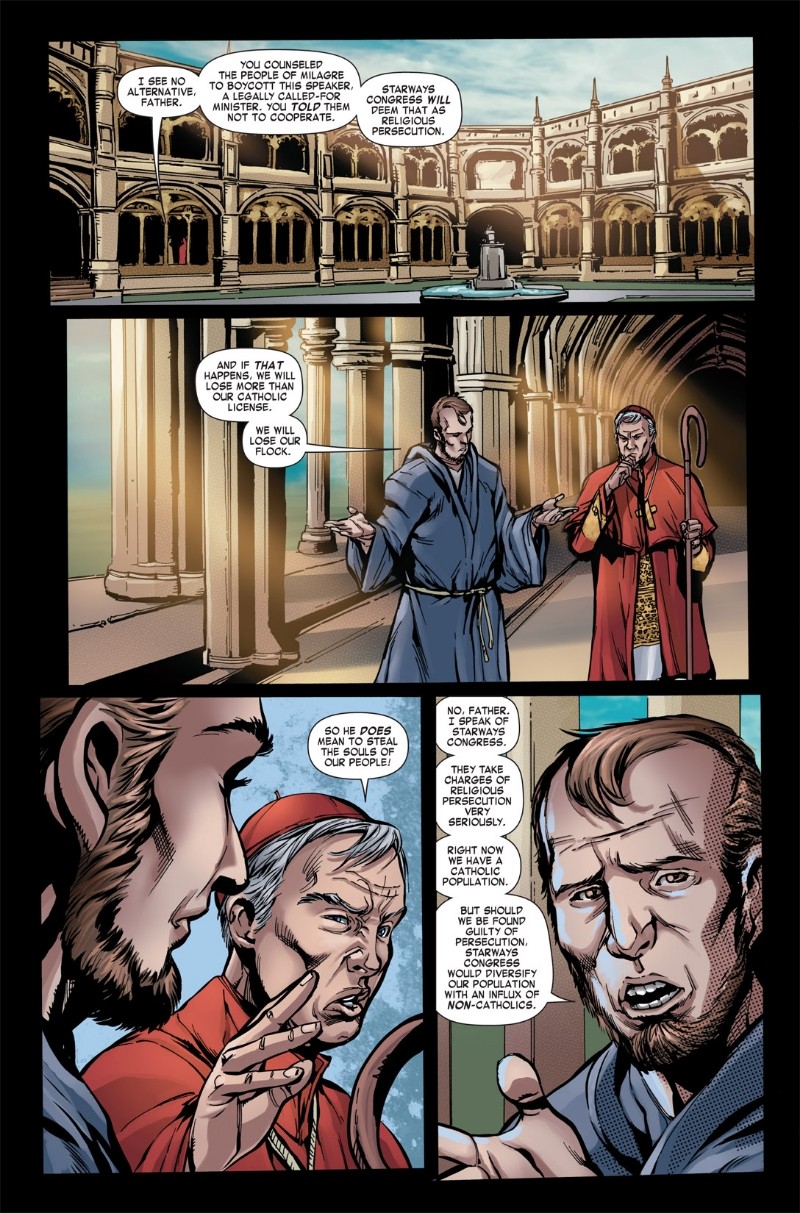

Yet Ender, still alive after 3 millennia due to relativistic space travel, suggests that, in context, the genocide was understandable and even justified:Įverybody condemns the Xenocide because it destroyed an alien species that turned out to be harmless in its intentions. It's true that Ender's genocidal actions are reviled throughout the galaxy. "Speaker for the Dead," then, seems to repudiate the morality of "Ender's Game." And yet, the book is oddly chary about explicitly condemning the genocide of the first volume.

Instead they wait and try to understand - and the result is not genocide, but peace, alliance, and equality. In "Speaker for the Dead," the piggies torture and murder two of the anthropologists, but in neither incident (separated by decades) do the humans return violence for violence.

"Speaker for the Dead," on the other hand, is set 3000 years later, mostly on the single planet of Lusitania, where anthropologists are studying a race of relatively low-technology aliens known as "piggies." In "Ender's Game," violence almost always escalates whenever Ender is attacked, either by humans or buggers, he responds with overwhelming, deadly force. "Ender's Game" involves an intergalactic war to the death between humans and the super-advanced alien buggers. "Speaker for the Dead," the sequel to "Ender's Game," is a very different book from its predecessor, not least in its treatment of aliens and violence. Several commenters countered that the later novels in the series were adamantly anti-genocide, and undermined my reading of the original. Last month I argued that Orson Scott Card's "Ender's Game" provides a subtle, thoughtful, and passionate defense of genocide.


 0 kommentar(er)
0 kommentar(er)
